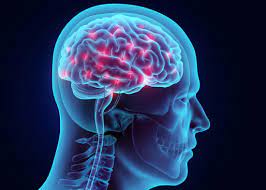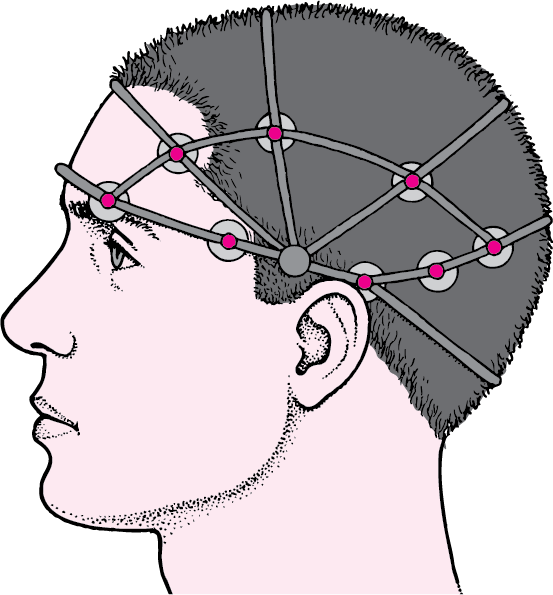
The Future of Epilepsy Treatment: Advancements and Breakthroughs
Epilepsy is a neurological disorder characterized by recurrent seizures, affecting millions of people worldwide. While current treatment options such as medication and surgery have been effective for many patients, ongoing research and technological advancements are paving the way for a promising future in epilepsy treatment. Today, we will explore the latest developments and breakthroughs in the field, highlighting the potential for improved management and quality of life for individuals living with epilepsy.
I. Precision Medicine:
Tailoring Treatment to the Individual Advancements in genetic research and personalized medicine are revolutionizing epilepsy treatment. By analyzing an individual’s genetic makeup, doctors can identify specific gene mutations associated with epilepsy and tailor treatment plans accordingly. This approach allows for more targeted therapies, minimizing side effects and maximizing efficacy. Precision medicine also holds the potential for early detection and prevention of epilepsy in high-risk individuals.
II. Neurostimulation:
Harnessing the Power of Technology Neurostimulation techniques have shown great promise in managing epilepsy. Devices such as vagus nerve stimulators (VNS) and responsive neurostimulation (RNS) systems are being used to modulate brain activity and reduce seizure frequency. These devices work by delivering electrical impulses to specific areas of the brain, interrupting abnormal electrical activity and preventing seizures. Ongoing research aims to refine these technologies and develop more advanced neurostimulation devices for improved seizure control.
III. Brain-Computer Interfaces:
Opening New Doors Brain-computer interfaces (BCIs) are cutting-edge technologies that allow direct communication between the brain and external devices. In the context of epilepsy treatment, BCIs hold the potential to detect and predict seizures in real-time, providing individuals with advanced warning and allowing them to take preventive measures. BCIs can also be used to deliver targeted therapies, such as drug delivery systems or neurostimulation, precisely when needed. While still in the early stages of development, BCIs offer exciting possibilities for personalized and adaptive epilepsy treatment.
IV. Novel Drug Therapies:
Expanding the Arsenal Traditional antiepileptic drugs (AEDs) have been the mainstay of epilepsy treatment for decades. However, ongoing research is focused on developing new drug therapies with improved efficacy and fewer side effects. Scientists are exploring novel mechanisms of action, targeting specific molecular pathways involved in seizure generation and propagation. Additionally, repurposing existing drugs for epilepsy treatment is gaining attention, potentially accelerating the availability of new treatment options.
V. Artificial Intelligence:
Enhancing Diagnosis and Treatment Artificial intelligence (AI) is revolutionizing healthcare, and epilepsy treatment is no exception. AI algorithms can analyze large datasets of patient information, including medical records, EEG readings, and genetic data, to identify patterns and predict seizure occurrence. This technology can aid in early diagnosis, optimize treatment plans, and provide personalized recommendations for patients. AI-powered wearable devices are also being developed to monitor physiological signals and detect seizure activity, enabling timely intervention and improved patient safety.
Conclusion:
The future of epilepsy treatment holds great promise, with advancements in precision medicine, neurostimulation, brain-computer interfaces, novel drug therapies, and artificial intelligence. These breakthroughs have the potential to transform the lives of individuals living with epilepsy, offering improved seizure control, reduced side effects, and enhanced quality of life. As research continues to progress, it is crucial to ensure accessibility and affordability of these innovations, ensuring that all individuals with epilepsy can benefit from the advancements in treatment.




